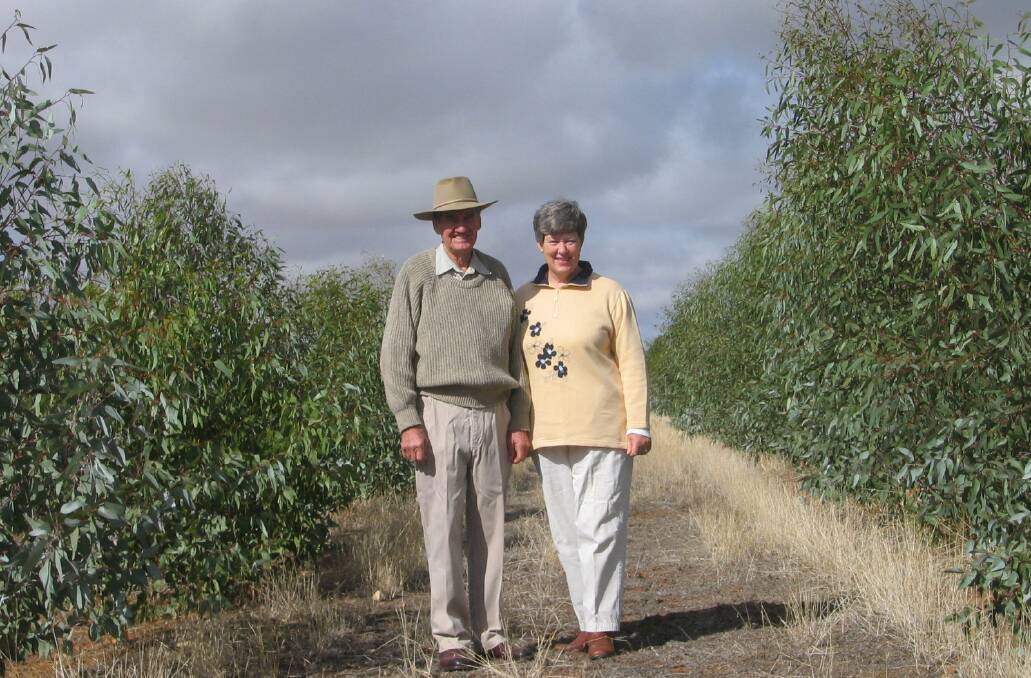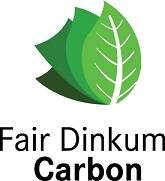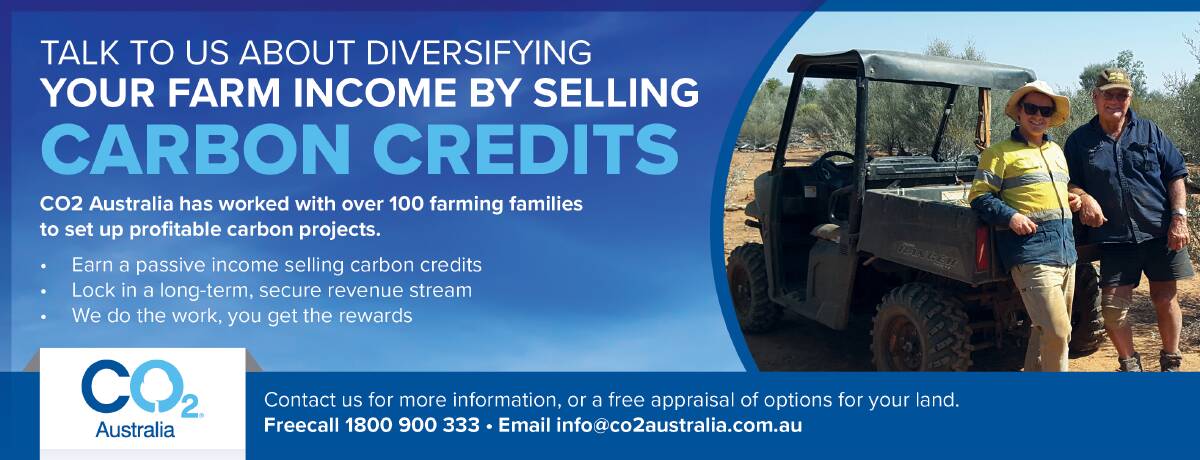Top Australian carbon project developer takes the lead with carbon neutral certification

This is sponsored content for CO2 Australia.
One Australian business is "walking the talk", becoming the first carbon and biodiversity offsets project developer to be certified carbon neutral by the Australian Government against the National Carbon Offset Standard. And it's done it by supporting local carbon abatement projects.
CO2 Australia - which has been helping landholders reap the benefits of a rapidly growing carbon economy since 2004 - said the move to become certified was aimed at "doing their bit" to reduce greenhouse gas emissions.
"We've always worked hard to be the best at what we do and our certification as a carbon neutral business is another example of how we strive to demonstrate leadership in the Australian carbon sector," said CO2 Australia Chief Executive Officer Aaron Soanes.
"This is not a 'tick and flick' exercise. As a business we had to really think hard about our emissions. Everything from the work we do in the field creating Australian Carbon Credit Units, down to the paper we use in our offices, was analysed and audited.
"We wanted to strongly demonstrate that we're 'walking the talk' on reducing emissions and playing our part in the transition to a low-carbon economy. It also makes sense from a business perspective - we've already seen the cost savings of reducing our carbon footprint."
Rather than buying carbon credits from overseas projects to offset its emissions, CO2 Australia made the decision to support local carbon farming projects.
"We've chosen to offset our emissions with carbon credits from Australian projects that deliver a wide range of economic, social and environmental benefits to the local communities, as well as reducing emissions," Mr Soanes said. "We call it a 'Fair Dinkum Carbon' commitment."
In addition to purchasing credits from local projects, CO2 Australia has used carbon credits from one of its own flagship projects in New South Wales.
In one of the first projects of its kind, CO2 Australia worked with the New South Wales Aboriginal Land Council to revegetate hundreds of hectares of degraded agricultural land on its Barooga Karrai property, 60 kilometres west of Condobolin.
Tree species have been selected for drought, disease and fire tolerance and were successfully integrated into existing farming operations by planting trees in belts through cropping paddocks.
In addition to the biodiversity benefits achieved in the project, there have been major agricultural benefits. The tree belts work to protect crops from drying winds and keep groundwater low, reducing the risk of land salination.
The project employs local community members and operates under a revenue sharing agreement that delivers a share of all carbon credit sales to the New South Wales Aboriginal Land Council.
As one of the longest-running carbon operators in Australia, CO2 Australia is strongly focused on increasing awareness amongst landholders about the opportunities available under the Australian Government's Emission Reduction Fund (ERF).
For the past five years, Australian farmers have been cashing in through selling carbon credits to the government under the $4.55 billion fund.
One way for farmers to get carbon credits is to retain regrowth vegetation on their property, through stopping pulling, spraying and burning trees as they come back onto the land. These credits can then be sold to the government under contracts that provide regular, locked-in payments for up to 10 years.
Mr Soanes said that as well as creating additional revenue streams through generating and selling carbon credits, the management practices involved improved land productivity.
"Instead of spending money and effort to keep regrowth in check, farmers can turn it into a carbon project and just sit back and get paid for the carbon credits," said Mr Soanes.
Most farmers who are taking on carbon projects are also continuing to run grazing operations on their property.
"Farmers can get paid twice for the same bit of land - once for grazing and again for the carbon credits," Mr Soanes said.
While there are big dollars involved, setting up and running a carbon project involves a lot of technical work, government paperwork and set-up costs. For this reason, many people choose to work with expert carbon agents like CO2 Australia.
"We cover all the up-front and audit costs and do all of the legwork," Mr Soanes said. "Our fees are success-based, so if we don't get a win for you selling the carbon credits, you aren't out of pocket."
Mr Soanes said the government's next carbon credits auction will likely be held later in the year.
"We expect the current funds available under the ERF will be fully committed within the next 12 months, so this particular window of opportunity is closing fast," he said.
"By starting to work with us now, you'll maximise your chances of getting a contract in place before the current funding is allocated.
"Across Australia, hundreds of landholders are now generating an estimated $239 million each year from carbon farming. With $237 million still up for grabs, the ERF provides a great way to lock in an additional 'drought proof' income stream from your land."


This is sponsored content for CO2 Australia.


